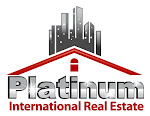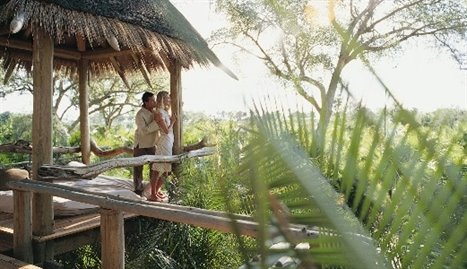1.Find out what kind of title the developer has to the land and ask to see the master title insurance policy. Ensure the legal due diligence on these documents is carried out by a good quality attorney. The developer may recommend their own attorney, but it is always safer to conduct an independent review of the documents before signing.
2.Ask whether the development masterplan has been approved by all relevant authorities. In particular, check to see if environmental impact statements have been submitted, and approved. Authorities across Central America are getting increasingly stringent in their environmental regulation.
3.Investigate whether the developer has the capital to move the real estate development forward or if they are relying on sales revenues. Remember that limited financial flexibility or low project sales can adversely impact the timely completion of a project.
4.Do some research into the past experience of the developer and and ask to be put in touch with previous buyers. Try and get background information or bios on the entire developer team including builders, architect, marketers, operators and master-planners.
5.The builder being used is a critical component of the development team. If the developer is using a well respected local firm that has a track record in the type of construction required by the master plan, this is a good sign. If possible try and see examples of buildings that have been completed by the builder so that you can get a real sense of the quality of their work.
6.Find out how much time of the year the developer spends in-country. If the developer is foreign, but lives full-time in the country where the real estate project is located, this is a positive indicator for their long term commitment to the project and country.
7.Find out about the water source and whether the developer has ensured that there will be enough supply even when the development is fully built-out. Ask how sewage is being handled and does the process comply with local regulations. Check to see if power lines will be underground or overground.
8.Read the Codes Covenants and Restrictions (CC&Rs) carefully. CC&Rs in some international real estate developments can be highly restrictive, down to what you can or can’t grow in your garden, what pets you can have, the architectural style that is allowed, or the color of your roofing tiles. Make sure you know what you’re getting into. In most cases the CC&Rs will be enforced by a Home Owners Association (HOA) - a legal entity which allows the developer to transfer ownership and management of the community to the homeowners after it has sold a predetermined number of units or lots. Ask to see a copy of the Association bylaws and budget.
9.Don’t forget to find out about after sales service such as property management, rental management and marketing support for re-sales. Make sure you are comfortable with the level of service that the developer intents to provide after the sale.
10.Find out if the developer is addressing the social and environmental impacts of the development and whether there are any programs in place to support the local community. Efforts to protect the environment, treat employees and suppliers fairly and ensure that the local community is benefiting are all good signs of a ‘responsible’ approach to development over the long term.
Reveal Real Estate - charting international real estate trends in Central America.





















